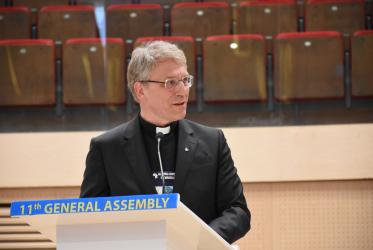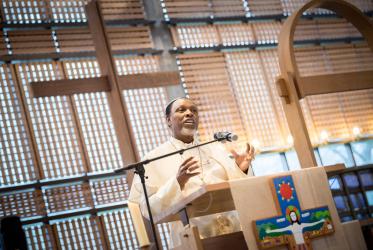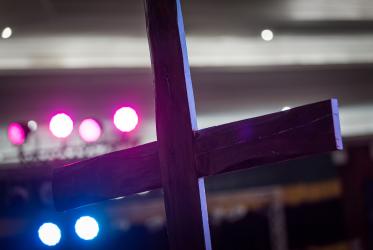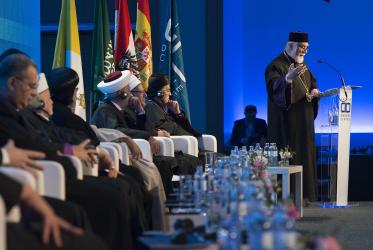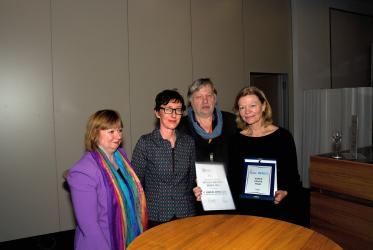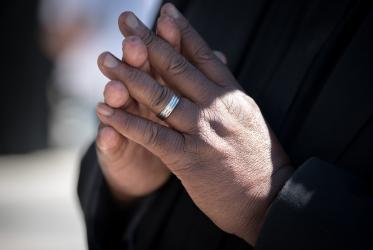Displaying 161 - 180 of 556
WCC advocates for economic justice at UN conference
01 June 2018
As South Sudan talks unfold, church leaders prioritise peace
14 February 2018
#WCC70: Churches as “freedom agents”
12 February 2018
Trying to do good for the world
18 December 2017
